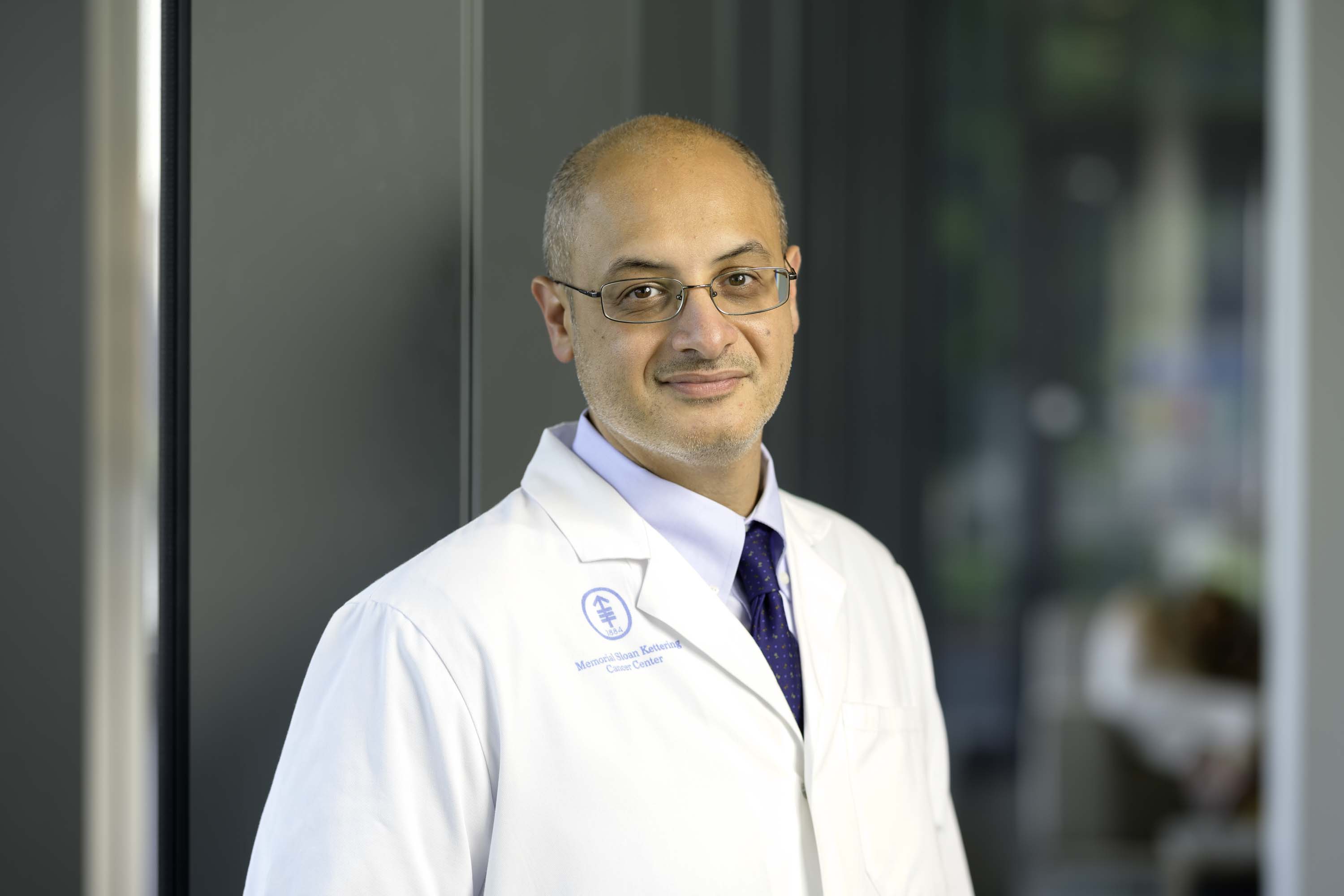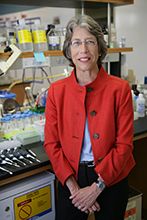
Bio

The biology of Annexin A2-Mediated Cell Surface Proteolytic System
The human genome consists of some 23,000 genes, over 550 of which encode the proteases that constitute the human "degradome." Of these proteases, about 40-50 reside on cell surfaces, creating a "landscape" that governs a diverse array of biologic processes such as organ development, tissue remodeling, wound healing, cancer cell invasion, inflammation, vascular thrombosis, blood pressure regulation, and neuronal homoestasis. Yet, despite this intricate landscape, little is known about how these pathways are regulated. Endothelial cells, for example, use cell surface proteases to maintain a blood vessel thromboresistance and to create new blood vessels in response to angiogenic stimuli. Macrophages and tumor cells employ such proteases to migrate and establish themselves at sites of inflammation or metastasis.
Work in our laboratory focuses on the receptor-mediated assembly of the fibrinolytic zymogen, plasminogen, and its endothelial cell-derived activator, tissue plasminogen activator. Together, these molecules efficiently generate plasmin, a serine protease with broad substrate specificity. The annexin A2/p11 tetramer is a dual ligand receptor that mediates this assembly and promotes plasminogen activation at cell surfaces. Our present studies focus on annexin A2 in [1] the control of hemostasis and thrombosis, [2] macrophage migration and matrix remodeling, [3] tumor cell invasion and metastasis, and [4] neovascularization and angiogenesis.
These studies couple a wide variety of molecular and cellular biology techniques with animal models of human disease. In addition, work on human subjects with thrombosis, sepsis, and diabetes is currently underway. Our aim is to employ knowledge from basic biology to devise new approaches to the diagnosis and treatment of human disease.
